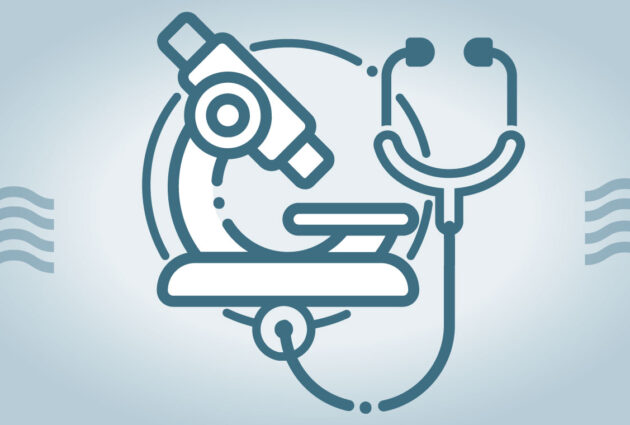Determining the Mechanisms by which Common Genetic Variation Affects Molecular and Cellular Traits in Macrocephalic Autism
At a Glance
In response to the rising prevalence of autism spectrum disorder (ASD), this project seeks to uncover genetic modifiers influencing ASD outcomes using innovative genetic studies in diverse human cell lines. This work has the potential to uncover how common genetic variations impact specific traits in brain cells, laying the groundwork for targeted therapeutic strategies.
The Challenge
The prevalence of autism spectrum disorder (ASD) has been increasing steadily for the past 30 years, and now stands at 1 in 37 amongst 8-year-old children. Furthermore, Wisconsin is among the states with the highest rates and fastest increases of ASD diagnoses in children of all backgrounds. There is no medical intervention for ASD, largely because the underlying mechanisms of ASD are not yet fully understood. Genetic variation is the largest single risk factor for ASD, but genetic studies have been hampered by the fact that ASD is a spectrum of disorders with different clinical outcomes, causes and genetic modifiers unique to each child. Despite the importance of common genetic variation in ASD, no genetic modifiers of specific outcomes have been identified.
Project Goals
Researchers will explore how common genetic variation modifies outcomes in the context of a mutation in a well-established ASD gene called PTEN. Using induced pluripotent stem cells (iPSCs) from children with a familial risk of ASD, the researchers aim to understand:
- How specific types of brain cells are affected in the context of the same mutation.
- Identify regions of the genome which modulate the ASD relevant molecular and cellular traits.
- How different genetic risk factors (sex, ASD status and brain growth rate) interact to protect or exacerbate from an ASD associated mutation.
